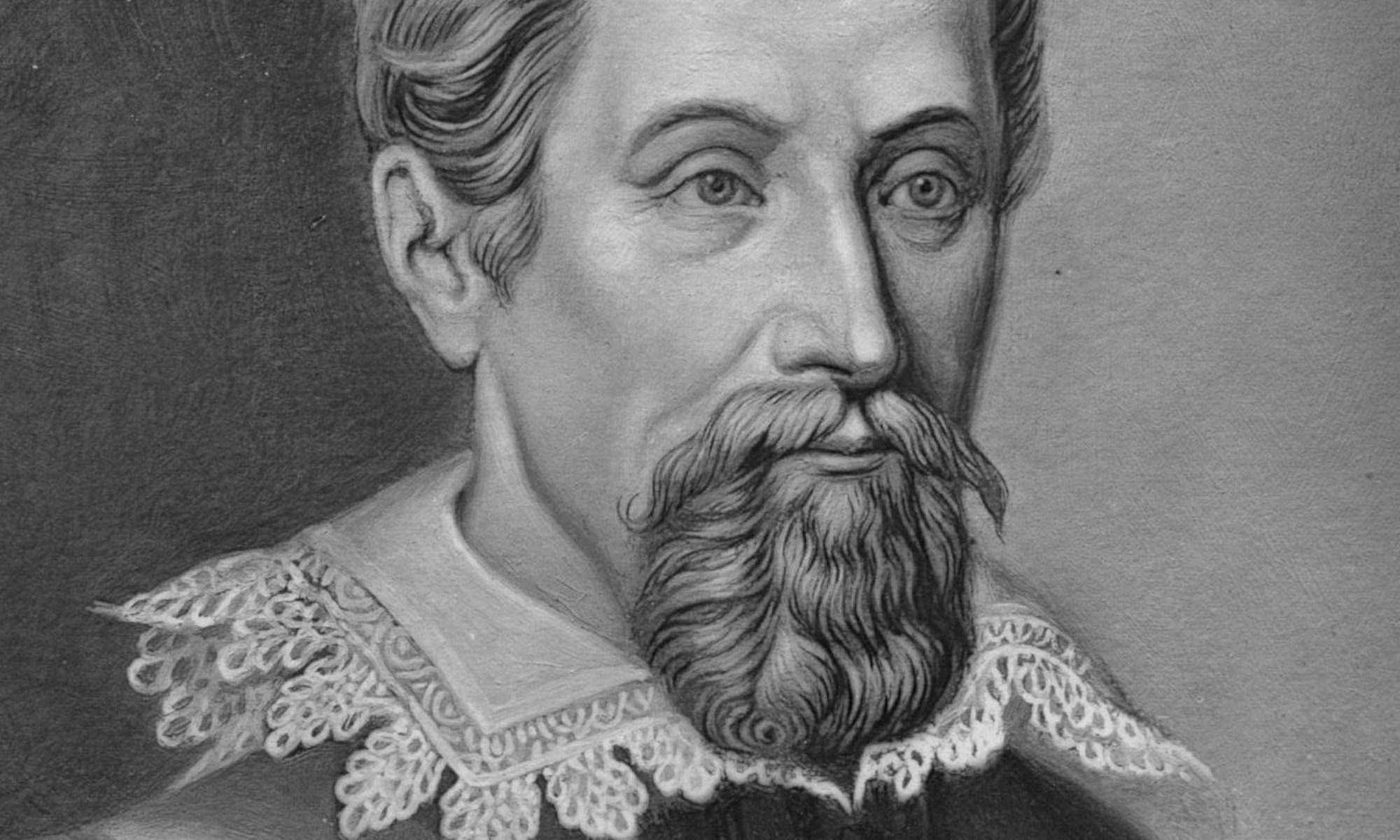Work began today on the prototype of the great quadrant. I’d drawn up a set of plans for the quadrant arm last week (each box = 1″) so that’s where we started today (we being my father and I since he does construction and contracting professionally and has a workshop we can use).
To begin, we used a sheet of plywood to draw out a full sized set of blueprints. Mathematically, the most important parts of the entire structure is the arc which will display the scale, and that the pivot around which it rotates and from which the plum bob will hang is exactly in the center of the circle the arc lies on.
So to start, we measured the box in the upper left corner on the plywood, found the center, and screwed a long wood arm in the center. Holes were drilled in that arm at 36″ and 34″ from the center to draw the arc 2″ wide.
 Continue reading “Instrumentation – The Great Quadrant: Day 1”
Continue reading “Instrumentation – The Great Quadrant: Day 1”
 Continue reading “Instrumentation – The Great Quadrant: Day 3”
Continue reading “Instrumentation – The Great Quadrant: Day 3”




